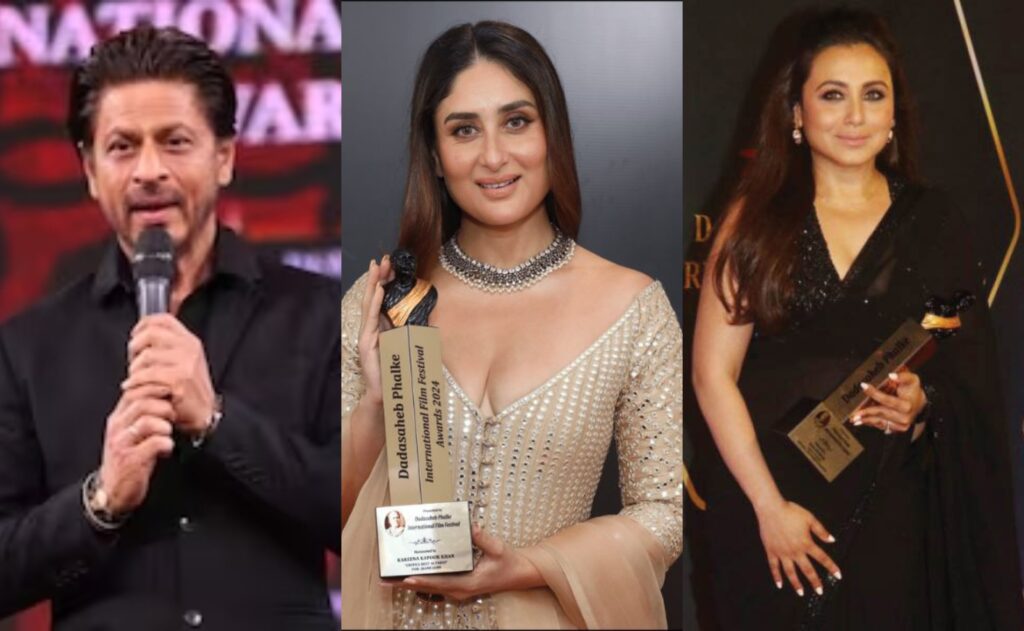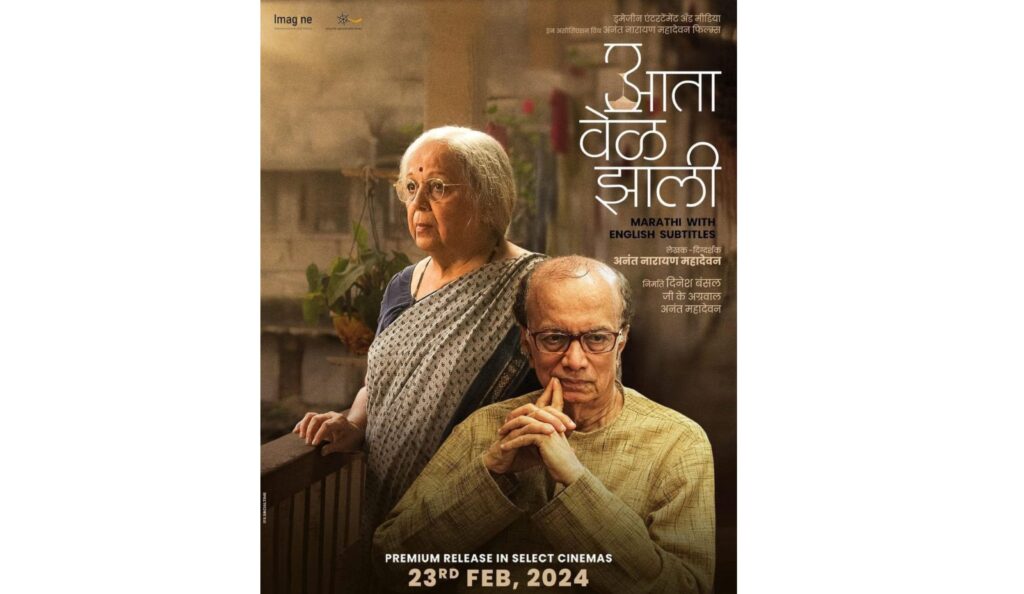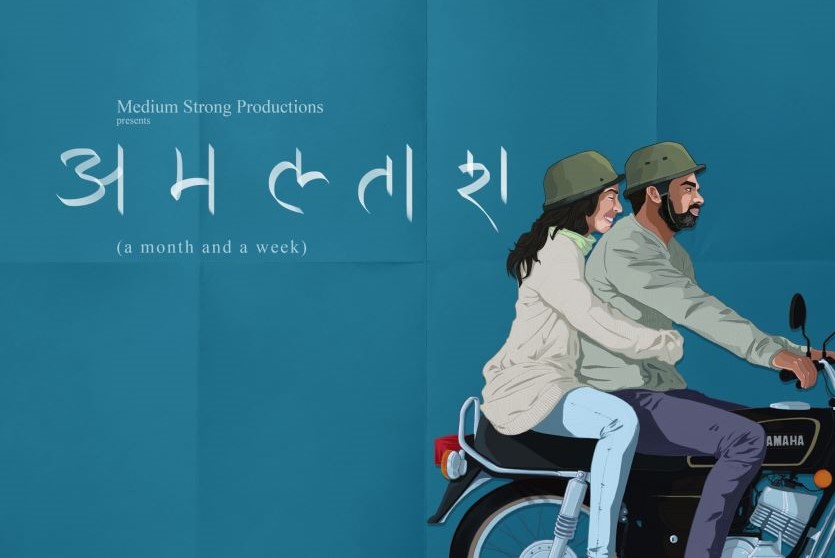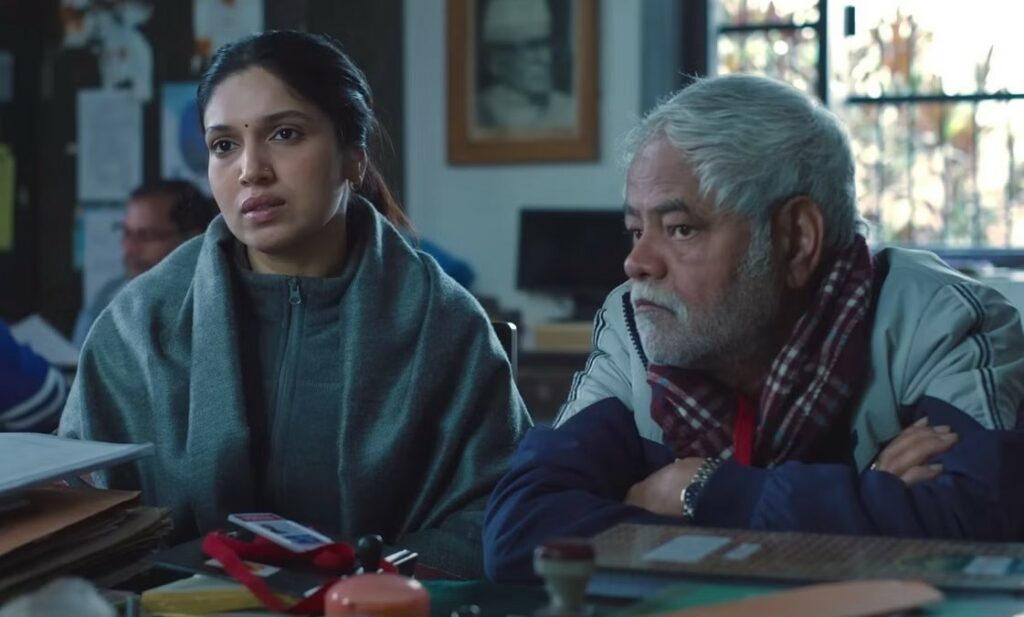Dadasaheb Phalke Award is the highest honour for a film artiste in India. It is given each year by the Government of India to one individual for his or her outstanding contribution to cinema. It is a part of the National Awards each year. However, over the last several years, a number of private awards have been started in the name of Dadasaheb Phalke, which has not only created confusion among the public but is also threatening to lower the importance of the actual Dadasaheb Phalke Award.
The new private awards in the name of Phalke that have cropped up in recent years are – Dadasaheb Phalke International Film Festival Awards, Dadasaheb Phalke Excellence Awards and Dadasaheb Phalke Film Foundation Awards.
With the name ‘Dadasaheb Phalke’ attached to each of the awards, the public comes under the impression that a particular film artiste has received the prestigious Phalke Award given by the Government. What makes things worse is that a section of the media also reports as if an artiste has received the real Phalke award. At times, they don’t even care to mention the full name of the award and that this is not the actual Phalke award.
A few years ago, there was a lot of hue and cry on social media when news about Gurmeet Ram Rahim Singh of MSG fame receiving the ‘Phalke Award’ spread like fire. It was later found out that he was given one of the private Phalke awards and not the actual one. It was all a result of a publication giving a misleading headline, which created an online uproar.
This year, the confusion regarding Phalke awards increased manifolds. Earlier, not many big stars used to attend and accept these awards. But this year, some of the biggest names in the industry – like Shah Rukh Khan, Kareena Kapoor Khan, Rani Mukerji, Ranbir Kapoor, Anil Kapoor, Shahid Kapoor, etc, – attended the Dadasaheb Phalke International Film Festival Awards earlier this week and some of them even won in different categories. Also the kind of media coverage this particular awards function received this year was never seen before.
One can just imagine the kind of recognition this unrecognized Phalke Award has now received with the endorsement of some of the biggest names. On top of that, some media houses, like previous years, didn’t care to mention the full name of the award, making it look as if these stars have won the actual Phalke Award. The headlines in the press releases regarding these awards shared by some PR (Public Relation) executives also mentioned only ‘Phalke Award.’
These stars have either a shelf or a room full of awards. So it’s sad to see them endorsing these awards that are unrecognized by the government just to add on to their tally of awards. It is not possible to stop any firm or organization from organizing any private awards. So the least that the industry can do is to not give them importance in order to maintain the sanctity of the actual Phalke Award and, more importantly, the honour of Dhundiraj Govind Phalke, the Father of Indian Cinema.
Tomorrow, someone might just start a parallel National or Padma Awards by adding a few more words in the title.
Also Read: Amaltash (Marathi movie) Review: Tenderly created saga on love, life & music



